
Are even the best hybrid cars bad for the planet? Top scientists weigh in
With the climate change crisis only becoming more pronounced as the years go on, environmentalists are pinpointing transportation as a source of pollution. The Intergovernmental Panel on Climate Change (IPCC) found that out of all the greenhouse gas emissions released into the atmosphere in 2010, 14% came from operating transportation vehicles – a sizable chunk.
Thus, environmentalists have been pushing for alternative transportation methods such as electric/hybrid cars which reduce the CO2 exhaust from driving petrol/diesel fueled cars, consequently limiting greenhouse gases & air pollutants. But how eco-friendly are these transportation substitutes? And, moreover, can we trust the companies that sanctimoniously tout their “green” automobiles?
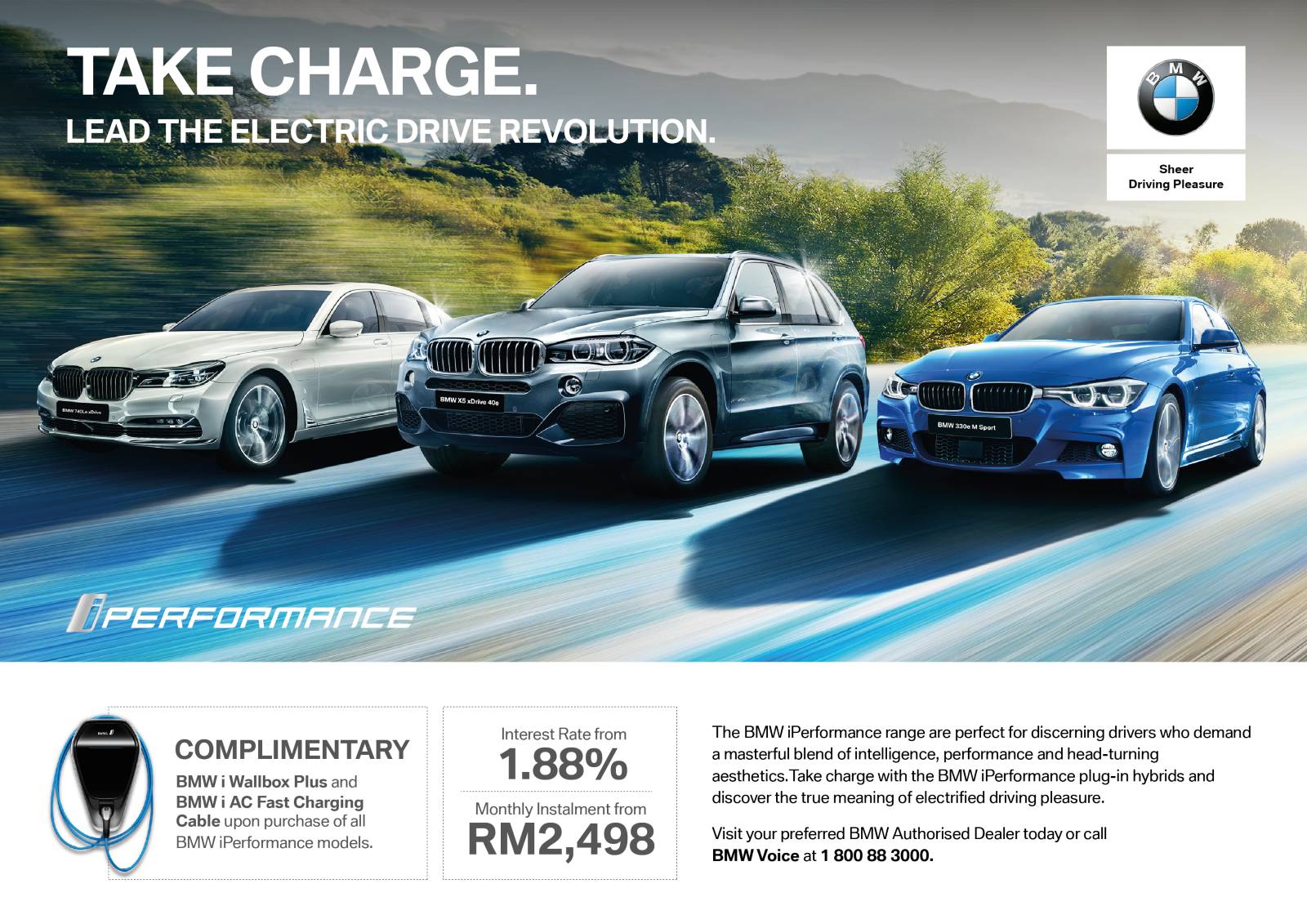
Bad auto advertisements
Car commercials may depict happy families driving through forests in idyllic, eco-friendly cars, but how realistic are the “green” stats they flaunt? Environmental analysts are on the case, discovering how misleading these products can be.
The European group Transport and Environment (T&E) found three top-selling plug-in hybrid SUVs — BMW’s X5, Volvo’s XC60, and Mitsubishi’s Outlander — are emitting 28% to 89% more carbon dioxide than advertised, even under the best road conditions with fully charged batteries. Commissioned tests on the newest models from these companies affirmed that the advertising was scandalously inaccurate.
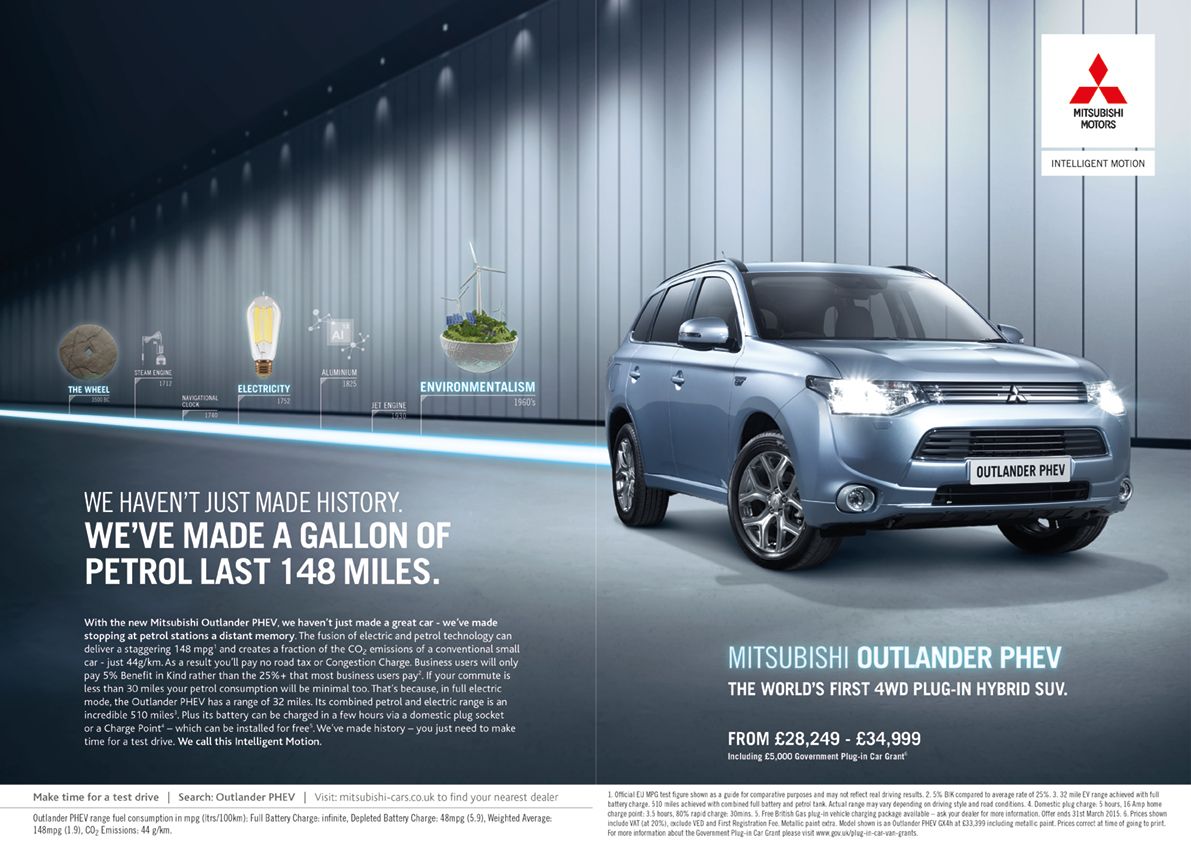
The official tests released by the companies didn’t match up with environmental studies revealing that plug-in hybrids released far more carbon dioxide than the companies let on. Research also found that the “zero-emission electric range” diminished by three quarters when driving conditions proved to be more challenging (sharper acceleration & greater hill climbs.)
How are these companies responding to being called out? According to NYPost, these companies haven’t owned up to the findings. Volvo & Mitsubishi denied the results and BMW declined to respond to its inquiry.
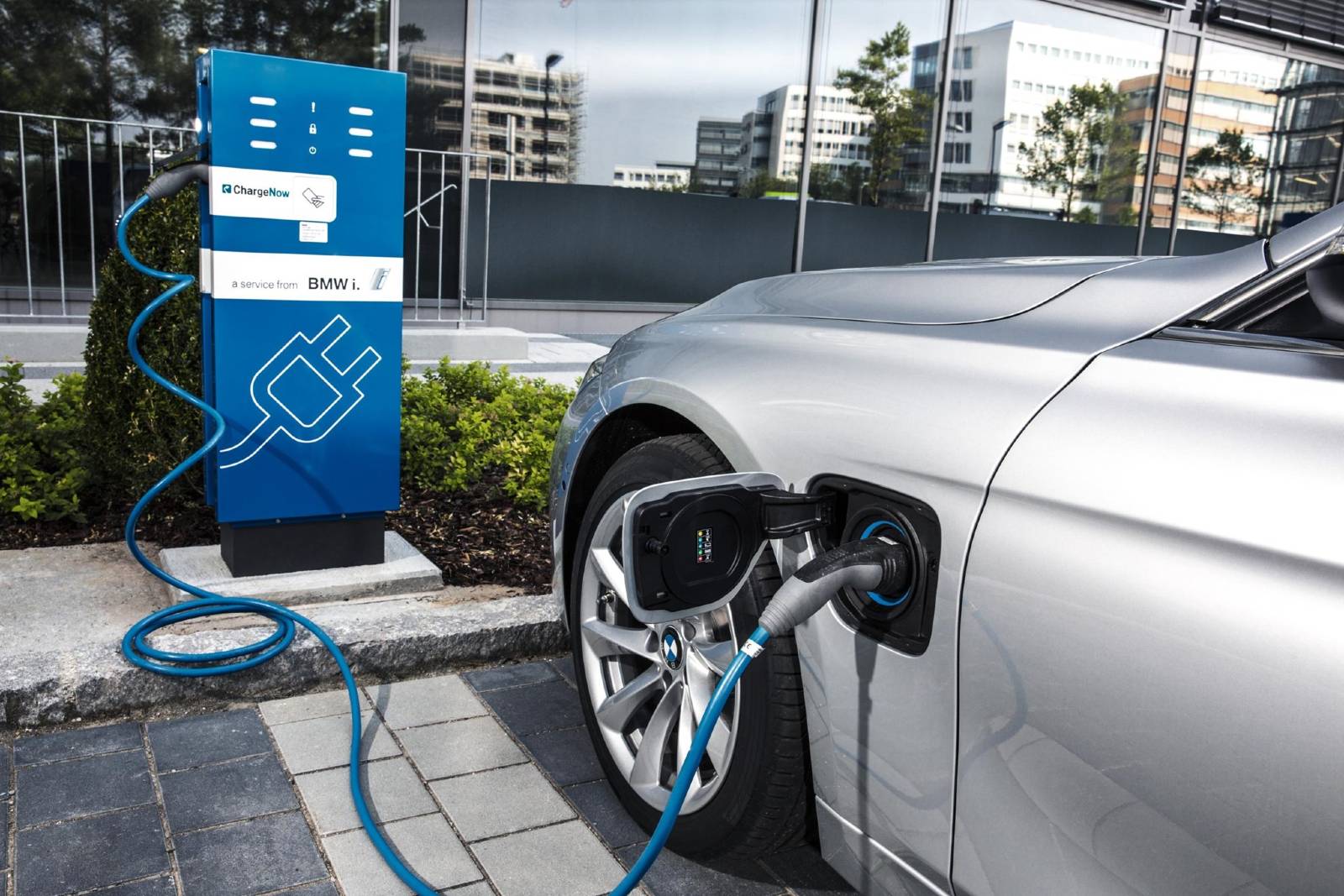
Tax benefits
Businesses were happy to jump on producing & selling plug-in hybrid cars – especially because these “eco-friendly” cars provide them with a significant tax break in comparison to conventional petrol or diesel cars. But do they really deserve the tax benefits if they’re not truly environmentally friendly?
“Plug-in hybrids are fake electric cars, built for lab tests and tax breaks, not real driving,” said Julia Poliscanova, T&E’s senior director of clean vehicles. “Governments should stop subsidizing these cars with billions in taxpayers’ money.”
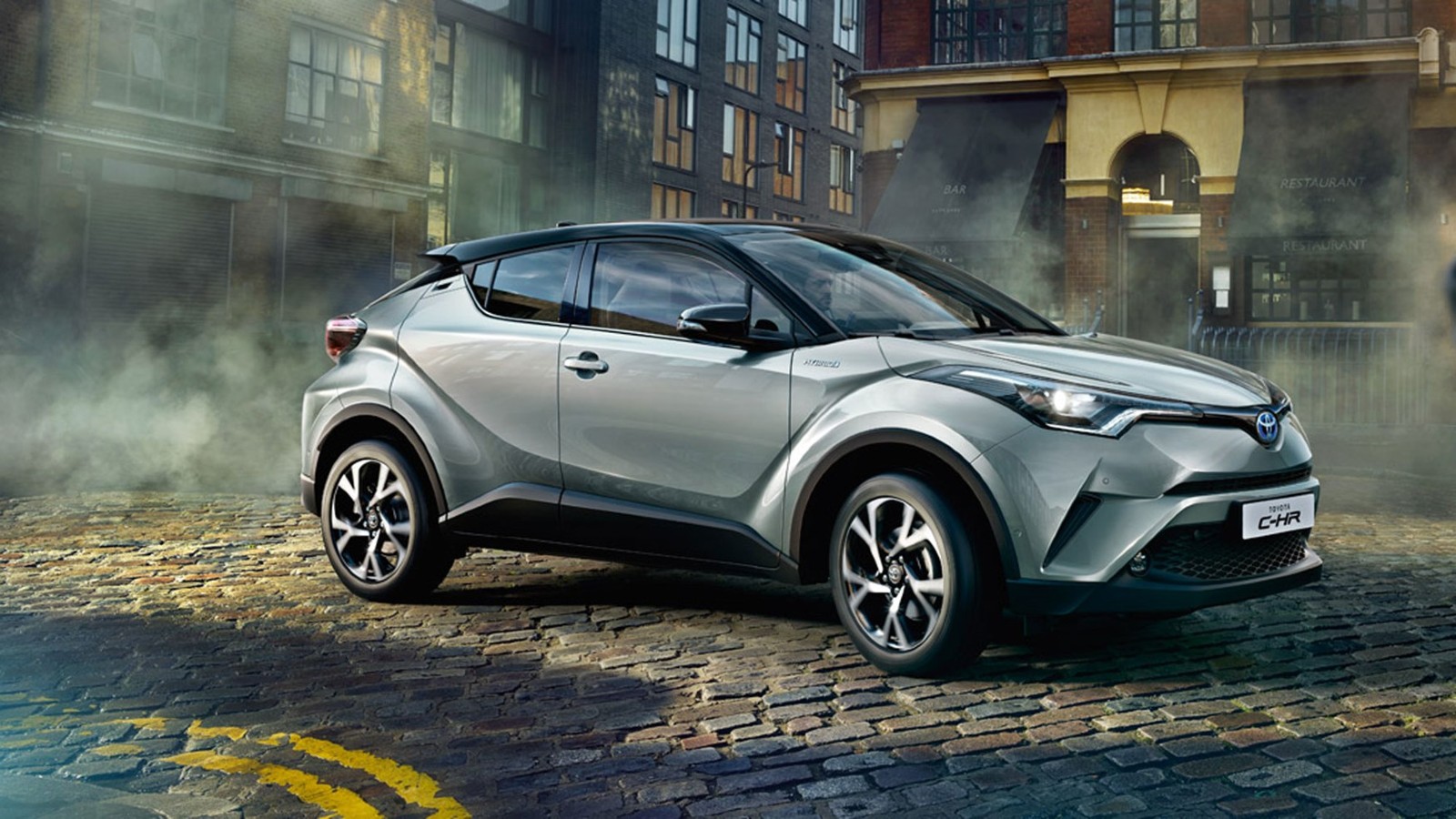
While these tests unveiled some stunning facts about the shortcomings of these hybrid models, UK Prime Minister Boris Johnson announced his plan to allow new plug-in hybrids to remain on sale in the UK until 2035.
Launching his 10-point Green Industrial Revolution just recently, Johnson said new hybrid cars that can be “driven a significant distance without emitting carbon” will remain on sale for another five years after new petrol and diesel vehicles are outlawed.
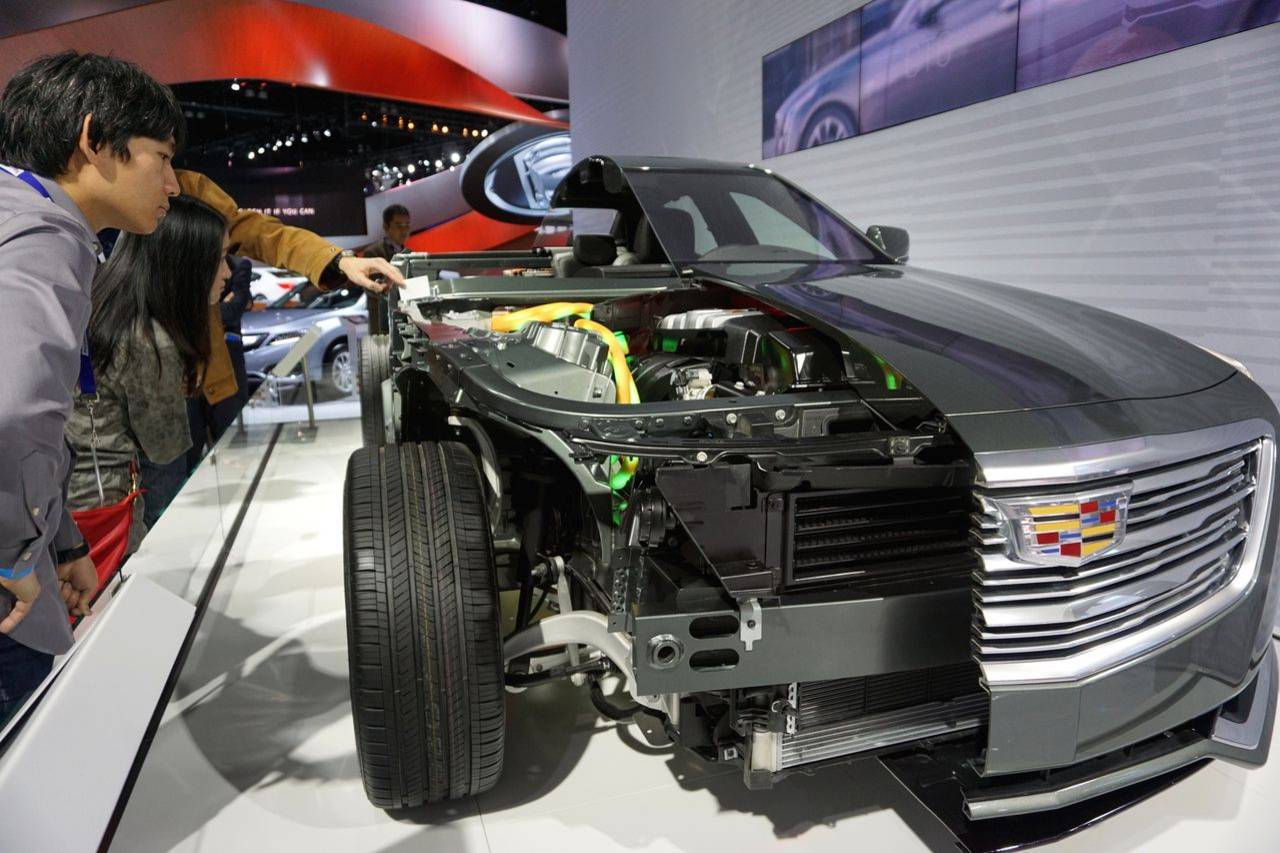
What are hybrid cars?
To clarify, hybrid cars have distinct differences from fully electric cars. Hybrid vehicles use a combination of electric power & gasoline, leading them to have smaller combustible fuel engines than conventional cars. They also have electric motors which contain rechargeable batteries. This allows users to charge their car at home yet get gas on the road if needed.
While these plug-in hybrids have proven to have lower emissions than cars using gasoline, their new test results for CO2 levels were usually two to four times higher than what the companies reported.
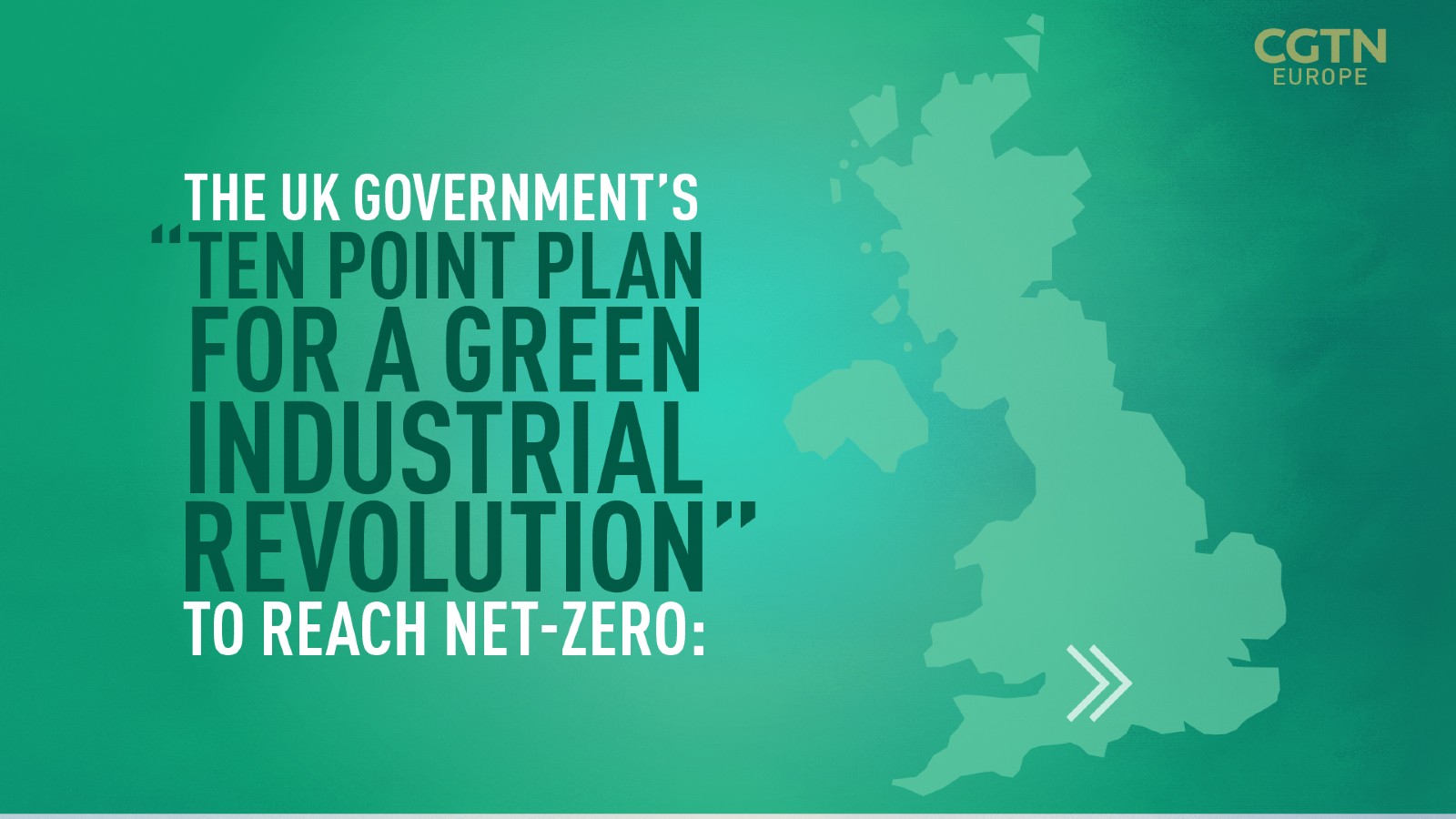
Are hybrid/electric cars sustainable?
What many people forget to factor in is that operating a motor vehicle is not the only source of pollution that goes into the equation. Complementary activities such as manufacturing, charging, and recycling batteries can have a significant impact on the environment as well. Electric & hybrid cars simply are not zero emissions vehicles – no matter which way you slice it.
While electric cars can reduce CO2 emissions while you’re driving them, that doesn’t mean that they magically have no environmental cost – they still require energy which may not always be from a clean source and they require batteries filled with chemicals which need to be extracted & recycled properly.

If your area isn’t providing a renewable, clean energy source, your electric car will still be using energy by burning fossil fuels from a distant power plant. Additionally, mining for lithium and other rare metals for these electric car batteries is very energy consuming & polluting. And even when the car is finished being used, the recycling process of the batteries (with toxic chemicals) can be expensive.
If you’re striving to live a more eco-friendly lifestyle, a way better solution to the transportation problem would be using public transportation or carpooling. Also, keep in mind that the majority of pollution stems from big companies, not the individual consumer.






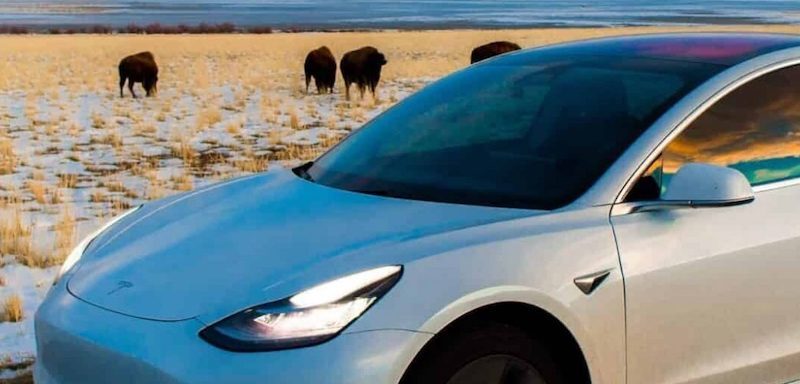
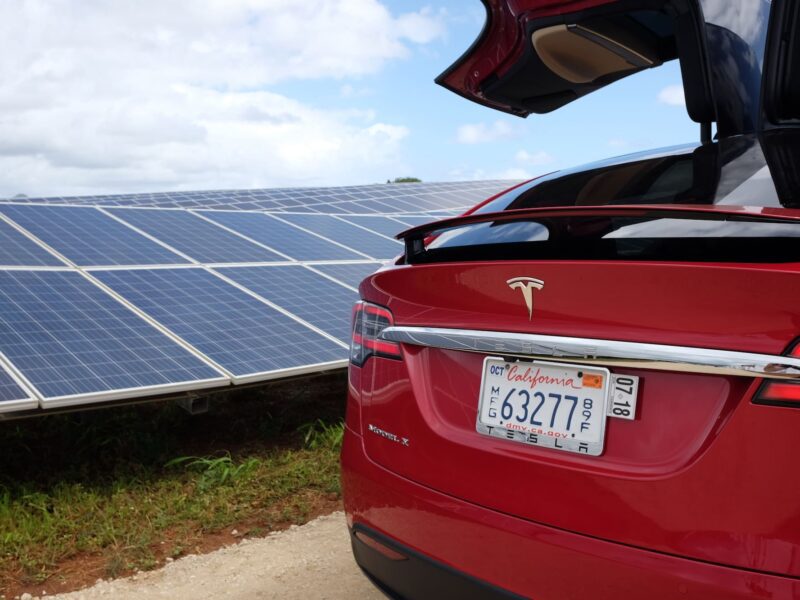
www.xmc.pl
/
Good article, thanks. I just signed up to your blog rss feed.
January 25, 2021